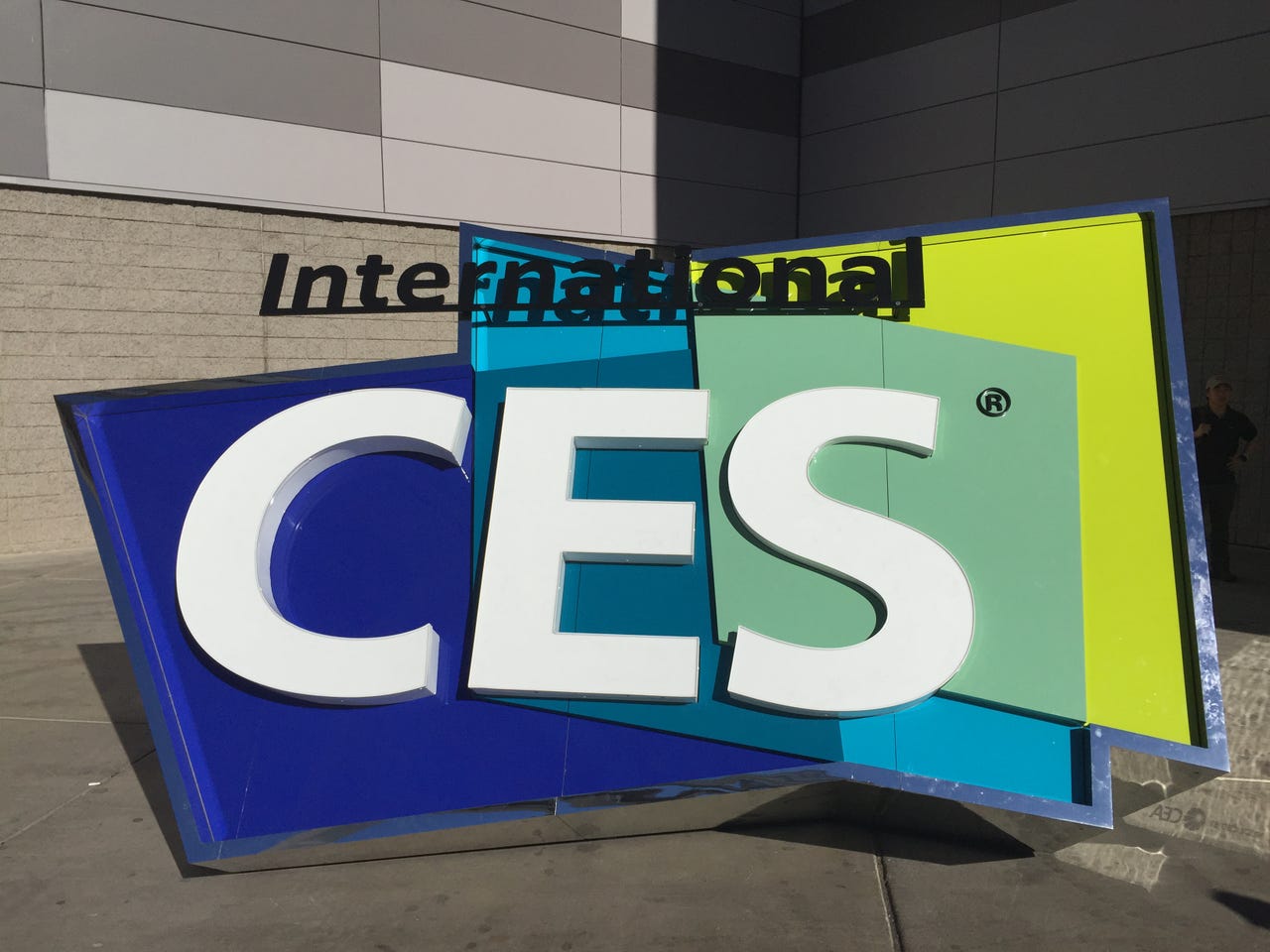CES 2016: 4 business trends to rule them all


More CES 2016
As I've said before, the Consumer Electronics Show is a cross between the energy of New York City and the innovation of Silicon Valley, all in the middle of the desert in January. ZDNet and TechRepublic will have a team of journalists on the ground in Las Vegas for CES 2016 and we'll also have plenty of news hounds covering it from a distance. We'll dig up the most important developments that professionals care about.
Since we've already got a pile of news embargoes and messages from companies about the stuff they're planning to show off and talk about at CES, we've identified four big themes that are worth following as CES 2016 unfolds.
1. Self-driving cars get real
In what could emerge as the biggest story of CES 2016, Ford and Google are reportedly going to announce that they will partner on a self-driving car. The combination of Google's deep research on autonomous vehicles and Ford's manufacturing prowess could form a powerful duo--although it's unlikely to be an exclusive deal on Google's part. The company has said it envisions self-driving cars on the road by 2020. Meanwhile, Tesla CEO Elon Musk recently shortened his prediction for self-driving cars, saying his company will have the tech figured out in two years. In 2015, Tesla surprised the tech industry by offering a $2,500 download that brought a beta version of autonomous driving to its Model S vehicles.
At this year's CES, self-driving cars will be hot topic and we're going to hear from nearly all of the carmakers, as well as a variety of other vendors who want a piece of the action. There will be a contrast of approaches that tackle different stages of the 5 levels of automation defined by the US Department of Transportation. And we should certainly expect this to have a major impact on the corporate vehicle fleet as well.
SEE: Ford announces SYNC 3 will integrate with both Apple CarPlay and Android Auto
2. IoT and wearables get useful
The Apple Watch and other wearable devices have been plagued by the argument that they just aren't useful enough. And the data backs it up, since most of them are plagued by a 50 percent abandonment rate. Apple Watch may be suffering from a lower abandonment rate, but it's still fighting the perception that it needs to do more. Wearables, of course, are part of the larger Internet of Things universe, and IoT has continued to suffer in the usefulness department. We've seen it in nearly everything from drones to smart home technologies. They need to be easier to use, easier to justify, and easier to integrate with existing technologies. The good news is that IoT in general and wearables specifically are maturing, with a lot more engineers and developers now attacking the problems, so CES 2016 will be a good opportunity to see how far they've come and which areas are getting the most interesting.
3. VR and AR get a purpose
Both Virtual Reality and Augmented Reality are getting ready for war in 2016. Hardware wars are coming. Platform wars are coming. Even a showdown between VR and AR--and which one has the broader destiny beyond gaming--is likely to flare up in 2016. Sony, Microsoft, Oculus/Facebook, and HTC/Steam all have big product launches coming this year. CES 2016 could bring new details from these big vendors, as well as announcements about new ecosystems and content partners. Also, don't be surprised if you hear about new entrants into the VR/AR space. There's a reason is that VR and AR could be the next paradigm shift in computing: Their purpose will go far beyond just games. Even the Sony Playstation's VR product is going to be about more than just games, according to a recent interview from Sony's Shuhei Yoshida.
SEE: Virtual reality faces five hurdles to justify the CES buzz
4. The real heroes: AI, big data, and deep learning
CES remains a hardware and gadget fest. But, the magic that powers all of the stuff mentioned above--from autonomous vehicles to IoT to augmented reality--is data, computing power and algorithms. From most of the stories coming out of CES 2016, you won't hear about AI or machine learning or natural language processing or deep learning. But make no mistake, these are the technologies behind the coolest innovations and the stuff that's going to have the biggest impact on humanity in the decades ahead. So, think a layer deeper when you read the big headlines. Ask how data and algorithms are powering them, because it's the recent advances in these areas that are tucked behind our most important innovations.